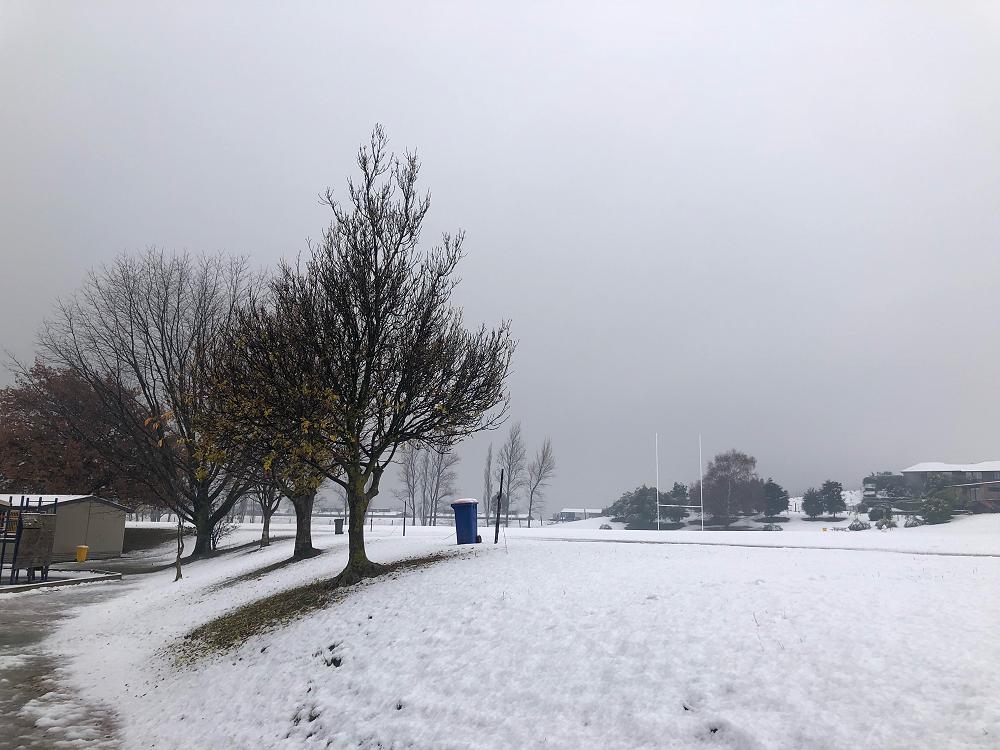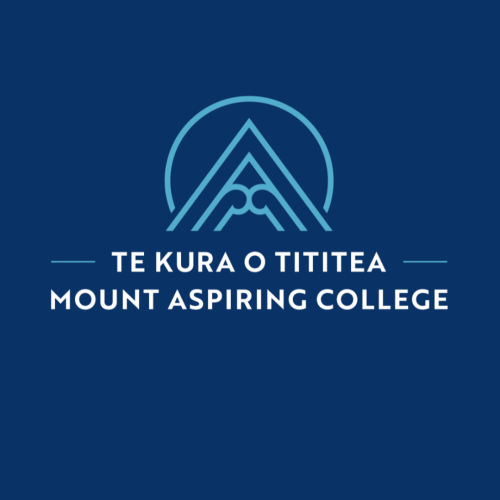
MAC SNOW DAY POLICY
As we head into winter with the possibility of snow days, here is our school procedure for early closure, delayed starts and any snow evacuations.
GETTING PREPARED FOR WINTER – SNOW CLOSURE INFORMATION
Detailed below is the information regarding school closure due to snow. There are two scenarios:
1) When it has snowed overnight
2) When it snows during the day
1) SNOW OVERNIGHT
In the event of overnight snow a decision may be made to delay the start of school, or to close, in conjunction with the local primary schools. If either of these decisions are made, the first announcement will be on Radio Wānaka (92.2) at 7.00am.
Updates will be announced every fifteen minutes on the radio station and, by 7.15am, the College website, Facebook page, and the office answer phone will have the latest information. The Wānaka App will also be informed. Don’t forget that if you don’t have a radio you can google wanakalive.com and click on the radio icon in the top left-hand corner of the screen and the radio programme will then play via your computer.
If there is a delayed start to school, please continue to check these communication channels in case there is a later decision made to close the school for the day.
Depending on conditions, these are the likely options which will be announced:
a) Buses delayed by one hour, but school starting at the normal time.
b) Buses delayed for one hour and school starting one hour late at 9.40am.
c) All buses cancelled, but school starting at 10.00am for those able to get to school.
d) College closed for the day.
2) EARLY CLOSURE OF SCHOOL
If the decision is made that it is necessary to close the school early due to snow, local radio stations, MAC Facebook, the MAC and Wānaka Live websites and the College voicemail will all be updated to let people know. In addition, whānau teachers will email parents informing them of the decision.
We will ensure the orderly release of as many students as possible:
- A bell will be rung for students and teachers to go to their whānau classrooms.
- Parents will be emailed by the whānau teachers to inform them of the evacuation.
- Parents will need to contact the whānau teacher with instructions for the release of their child (these will be recorded).
- Students will not be released until we have received these instructions.
Special points to note:
- To minimise the risk of accidents, all students being picked up from school by parents will be instructed to wait in the gymnasium and should only leave when they receive a message that their parents are waiting to collect them.
- Hostel students: will be released from their whānau to the hostel.
- Students who drive: once parental consent has been given, whānau teachers will issue a car release form to the student. Ordinarily these would all be checked by staff patrolling the student car parking areas, but this is unworkable in our current building phase. We therefore urge all parents of students who drive to school to clearly outline their expectations with regards to driving / not driving in snowy conditions and to re-iterate the importance of respecting the instructions which they give to their child on the actual snow evacuation day.
- Remaining students for whom no instruction has been received will be taken to the library where staff will attempt to contact their parents and, if necessary, the emergency contact listed on the student record (please consider adding someone within the local Wānaka area).
WHAT CAN YOU DO TO HELP?
Before the snow arrives:
1) Discuss this procedure with your child(ren) and come up with a likely plan, especially if they drive to school.
2) Check your Emergency Contact on the parent portal and get this updated to a contact in Wānaka if necessary.
In the event of snow, bad weather or another event likely to cause an early school closure:
1) Listen to the local radio stations, check our website/Facebook/Wānaka App for updated information.
2) Check your emails regularly.
3) Avoid phoning the College where possible as the office will be extremely busy.
